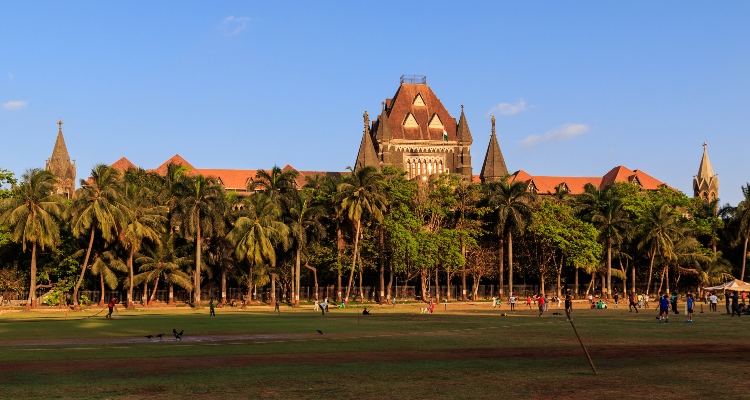
The Bombay High Court on Tuesday has decided not to initiate contempt proceedings against several Maharashtra civic bodies for allegedly failing to comply with its 2018 orders regarding the poor condition of roads and potholes.
The court acknowledged that there have been genuine efforts and substantial compliance by these bodies, though they have not fully met the required standards.
A division bench consisting of Chief Justice D.K. Upadhyaya and Justice Amit Borkar took this stance on Tuesday while reviving a 2013 public interest litigation (PIL) that the court had initiated on its own, emphasizing the importance of road conditions for public welfare.
The bench highlighted that citizens have a fundamental right to access streets and footpaths in reasonable condition, and it is the responsibility of civic authorities to maintain them effectively.
The court addressed a petition filed by advocate Ruju Thakker, which sought contempt action against municipal corporations in Mumbai, Navi Mumbai, Kalyan-Dombivli, Vasai-Virar, Thane, and Mira Bhayandar for not adhering to the 2018 directives.
These orders mandated civic bodies to complete road maintenance, display information about construction activities, establish grievance redressal mechanisms, ensure manhole safety, and guarantee quality in road contracts.
While acknowledging the efforts made, the court noted that the actions of the civic bodies still fell short of complete compliance.
“We believe that the respondents have shown bona fide efforts to comply with the directions and have demonstrated substantial compliance,” the bench stated.
However, it emphasized that they could not be accused of willful disobedience.
In light of the ongoing public welfare implications, the court revived the suo motu PIL initiated in 2013, reinforcing the need for constant vigilance in matters affecting citizens. The bench directed the civic bodies to take immediate corrective measures to achieve full compliance with the court’s earlier orders and to submit a detailed report by December 3.
The court pointed out that the poor condition of certain roads, the lack of a functional grievance redressal mechanism throughout the year, piecemeal pothole repairs, and insufficient safety measures for open manholes indicated that the civic authorities had not fully implemented the court’s directives.
Thus, while substantial compliance was recognized, the bench stressed the need for the remaining work to be completed without further delays. It reiterated the ongoing obligation of local authorities to maintain streets and footpaths in good condition, emphasizing that this duty cannot be neglected without legal repercussions.
“Continuous mandamus is necessary to ensure that government or local authorities fulfill their duties related to public services,” the HC concluded, highlighting the critical nature of road infrastructure maintenance.




